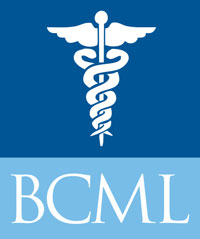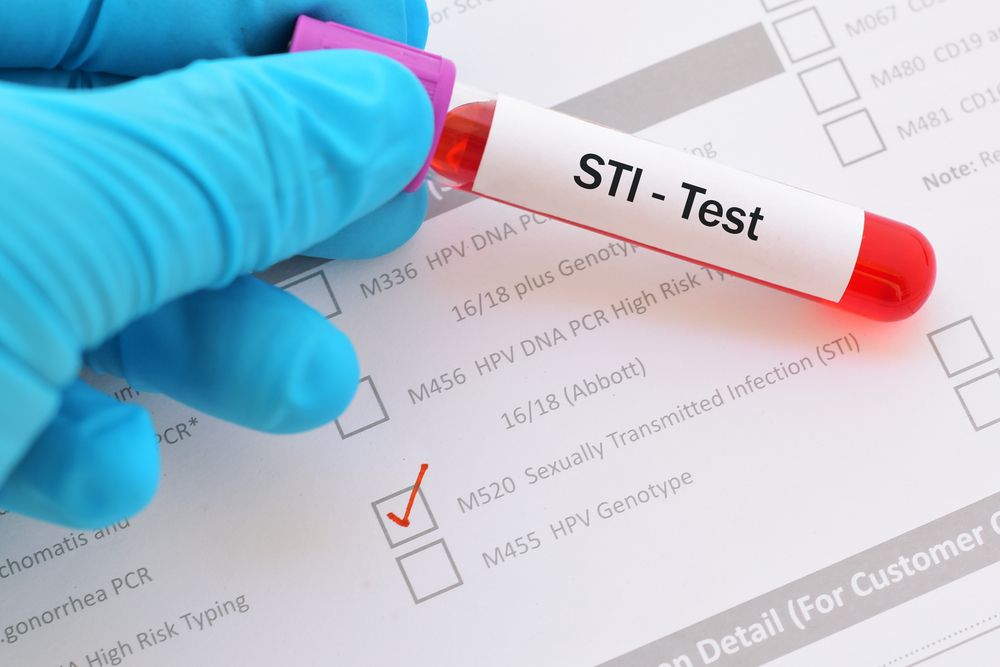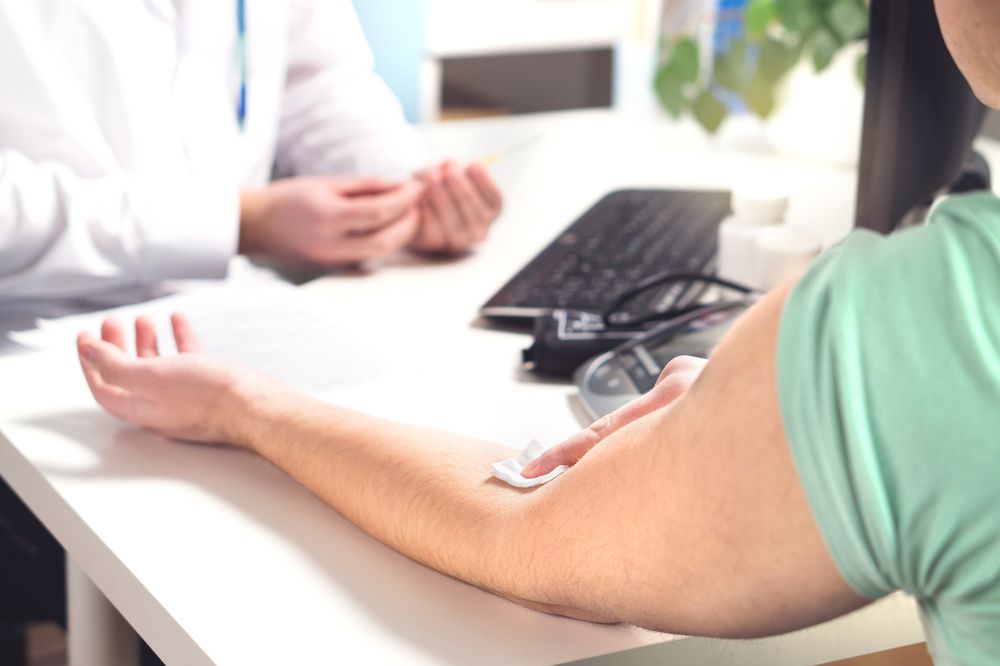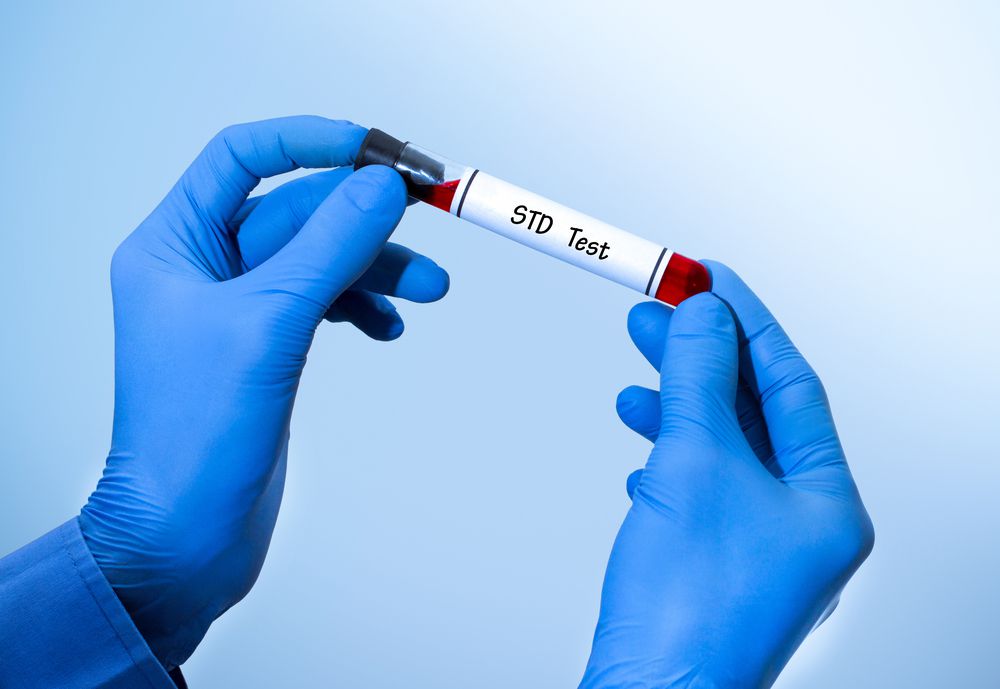Sexually transmitted infections and diseases (STIs and STDs) are a common occurrence among sexually active individuals. Fortunately, testing is widely available and affordable or even free across Canada. With early detection, many STIs can be treated more easily and will prevent the spread of diseases.
Here we will look at common STIs and STDs and what to expect when getting tested. With proper education, it is easier to keep yourself safe and to seek help when needed.
How to test for STIs and STDs
If you have never had an STD test you are not alone in wondering how STD testing works. Anxiety over testing is also extremely common but should not hold you back from getting the care you need. Diseases are common and many are preventable and treatable with proper knowledge. Let’s look at common questions about the STD testing procedure in Toronto.
Where to Get Tested
Testing is available and free at many locations throughout Canada. Free testing can be found at clinics dedicated to sexual health, walk-in clinics, family doctors’ facilities, community health centres, and other facilities for public health.
When Should You go for STD Testing
When and how to test for STIs and STDs will vary depending on your sexual activity. Ideally, you should start getting tested as soon as you are sexually active. You and your new partner should both get tested again at the start of any relationship.
If you have multiple partners, you should get tested at a minimum of every 6 months. However, any time you experience any symptoms or you add a new partner whose history you are unsure of, you should also seek STD testing.
STD Incubation Period
Getting tested frequently is important. However, to keep yourself healthy and stop the spread of the disease, you do need to be mindful that diseases have incubation periods.
For example, chlamydia and gonorrhea will be detectable in a matter of days but hepatitis C can take anywhere from 2 to 26 weeks to make itself known. Certain types of HPV and syphilis may even take years to fully produce symptoms. Again, because of this, you should aim to get tested at least every 6 months when you are sexually active even if you are not experiencing symptoms.
What to Expect During STD Testing Procedure
Toronto area patients can expect different testing depending on what they are being examined for. A swab test can be used to detect viruses like chlamydia and gonorrhea.
For these, a swab is taken from either the cervix or throat for women, or from the penis, throat, or rectum for men. Urine tests can also be used to detect these. For hepatitis, syphilis, and HIV a blood test is required.
How long does it take to get results of STD testing?
Time for STD testing results can vary. Generally, swab and urine tests will take around a week to return results, while blood tests can take around two weeks.
Can I continue to be sexually active while waiting for test results?
If you are experiencing any symptoms such as itching, swelling, warts, or discharge in the genital region, you should not continue having sex. If you do not have symptoms, this is up to your and your partner’s discretion.
How to Test for STIs and STDs: Myth Busting
You Only Need to Get Tested When you Have Symptoms, Right? False. Many STDs and STIs do not produce symptoms for everyone. For example, chlamydia which is the most common STI can easily be mistaken for a yeast infection or have no symptoms at all.
When left untreated, the infection can spread throughout the reproductive organs and cause infertility. Instead, schedule your STD testing whenever you are unsure of your partner(s) status.
If you use a condom, you don’t need to get tested: False
While condoms reduce the risk of pregnancy and many STDs and STIs, they are not 100%. In particular, they do not offer protection against genital warts or herpes. Both of these conditions are caused by viruses and can exist in areas of the genitals that will not be protected by a condom.
You can avoid getting an STD by just having oral sex: False
While oral sex carries a lower risk of contracting certain diseases, this is far from a guaranteed solution. In particular, if you have a cold sore, which is a form of herpes, this can be passed to a partner and give them genital herpes.
You can’t get the same STD twice: False
While some STDs like HIV and herpes are not curable, others can be cured and, subsequently, be contracted again. Gonorrhea and chlamydia are common STDs that people can get multiple times.
If your partner tests negative for STDs, you don’t need to get tested: False
There are many factors that go into why you should both be tested. Consider the incubation periods we discussed above. You and your partner could have been exposed to different STDs with different incubation periods and they might not be showing, while you are.
A monogamous couple can’t get STDs: False.
While a monogamous couple certainly lowers their chances of contracting infections and diseases there are still scenarios where this is not guaranteed. For example, if either of you had partners before getting together, you may be carrying an STD with no visible symptoms. HPV is a prime example of this and it also can have a years-long incubation period before causing serious problems.
Even if you and your partner have only had sex with each other, there is still a narrow chance that you may contract a disease. This would happen in two main scenarios:
- Either of you contracts a blood-borne STD in a non-sexual way. Blood transfusions and contaminated tattoo equipment, for example.
- As we discussed above, oral herpes can be passed to the genitals. Many people have oral herpes simply from kissing an infected person. Even children may contract this from a friendly kiss from a friend or relative. Though this would not be considered sexual contact, it does allow an STD to enter the equation. In this same way, even someone who has never had sex can technically have an STD.
How to Test for STIs and STDs at BCML
At BCML we are here to help you manage your total health including your sexual health. We offer a full range of effective and confidential STD and STI testing right at our Toronto clinic. To set an appointment, contact us today at 416-929-1900. Your privacy, safety, and comfort are always our top priorities.




